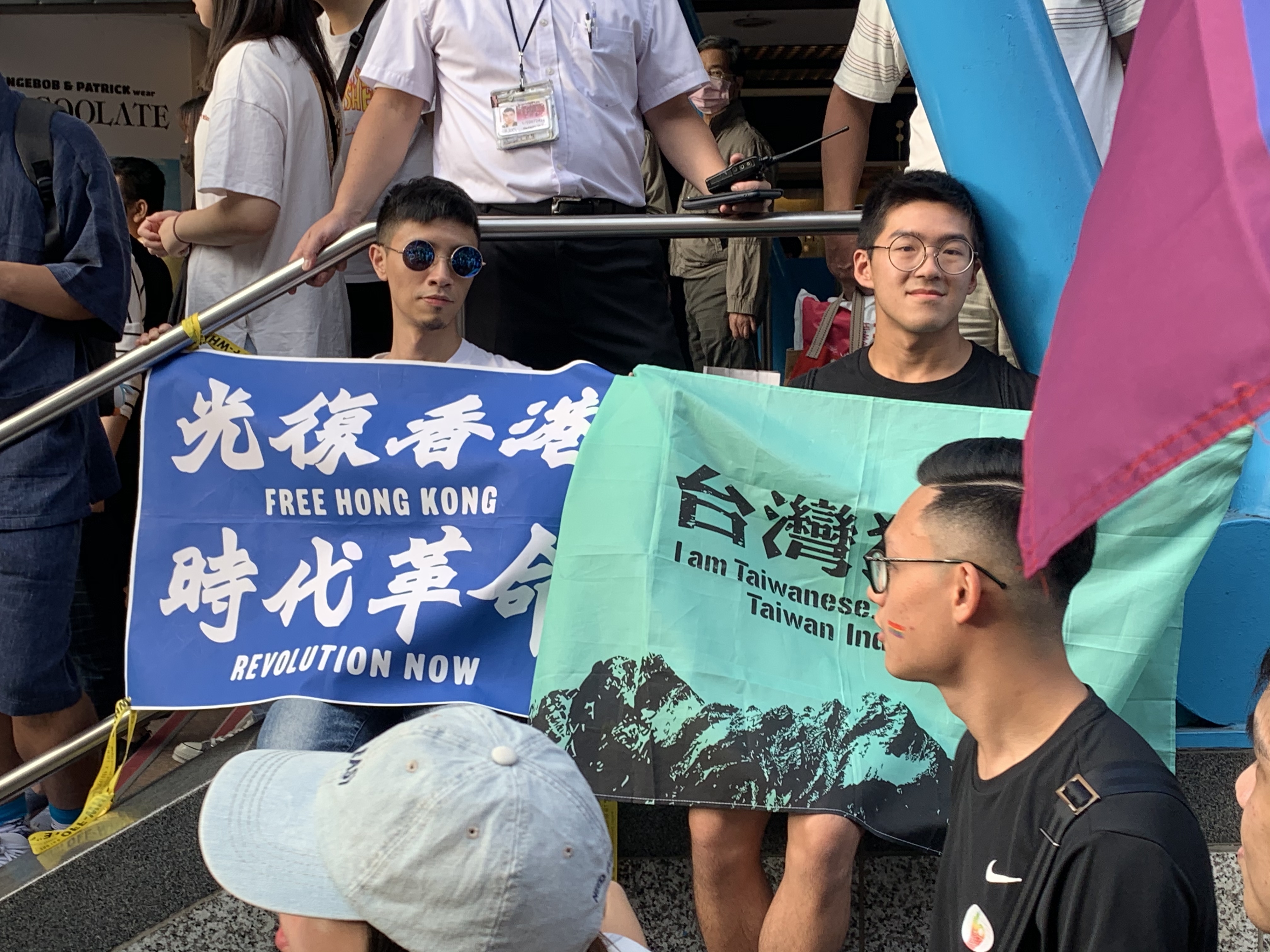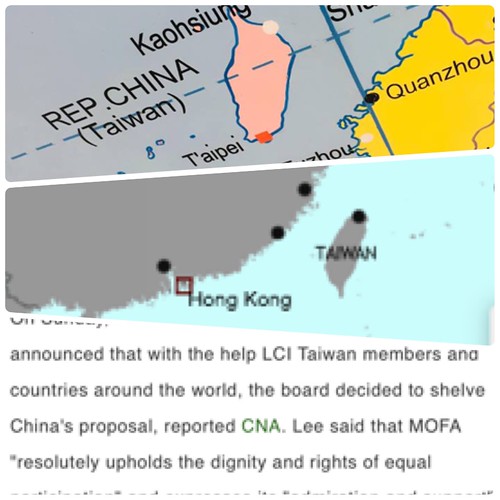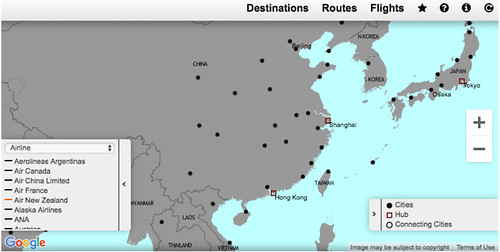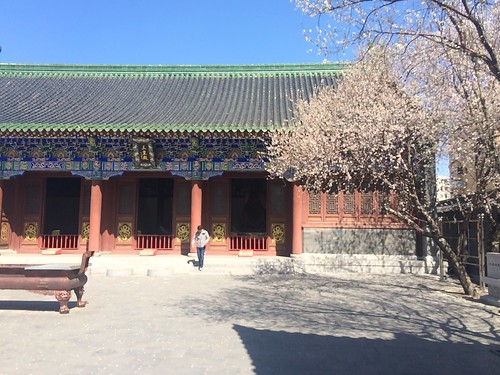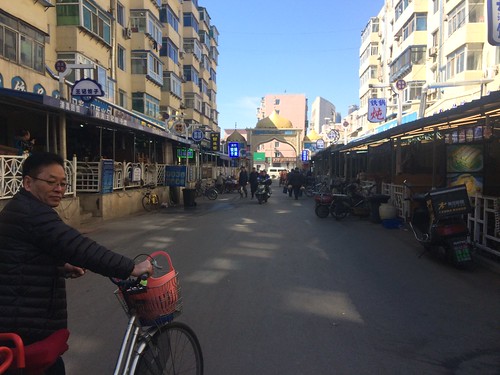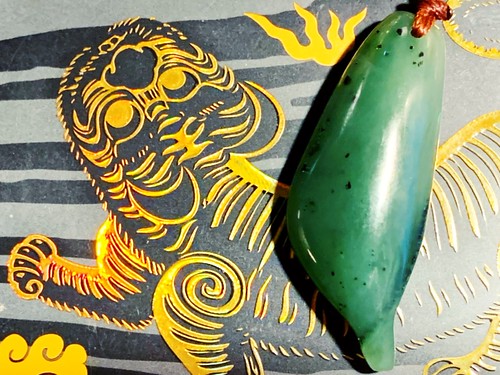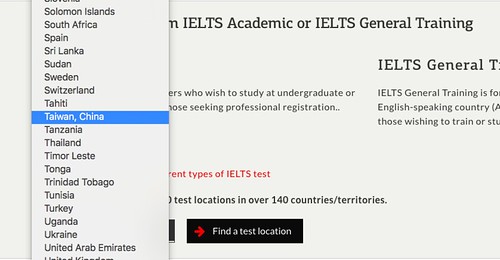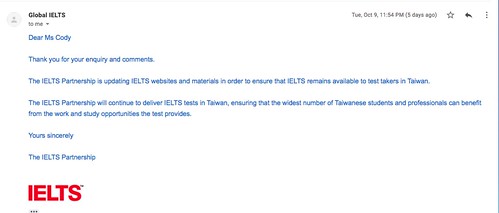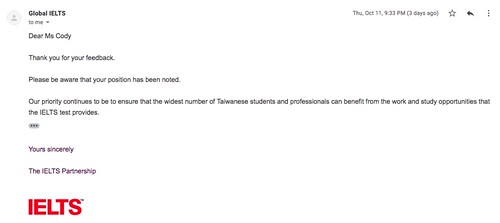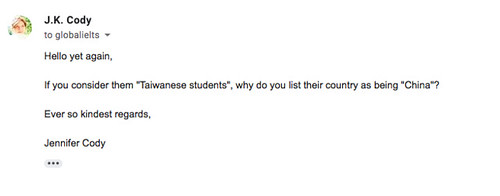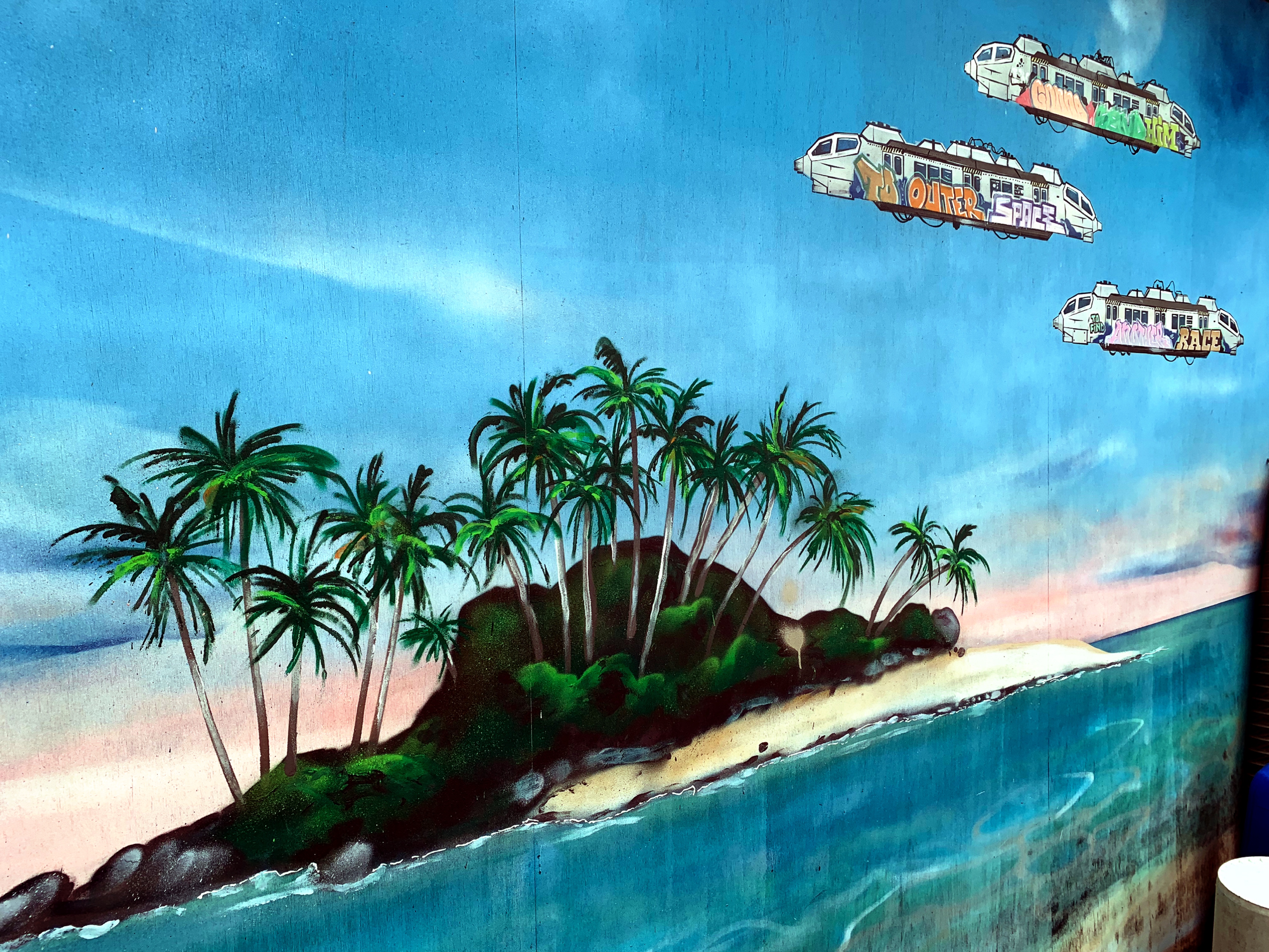
My eyes blurred when I saw the picture: Freddy Lim showing off a selfie he'd snapped with former Secretary of State and horror show of a human being, Mike Pompeo. The former advocates for LGBT+ equality, among other things. The latter spends an inordinate amount of time tweeting furiously about "wokeism" in the military, whatever that means.
Is Pompeo aware of Lim's politics, beyond continuing to support Taiwan's ongoing independence? I have no idea.
Does Lim know about Pompeo's politics, beyond support of Taiwan? Almost certainly yes. I'm including the "almost" only because he hasn't said.
This was disappointing, of course, coming from Lim specifically. I expected it from most politicians, but Lim seems to actually stand for something, and that something is a society very much unlike the bigoted shitfest that Mike Pompeo fantasizes about. When I say they truly only agree on one thing -- Taiwan's sovereignty -- I mean it.
Attending the Opening event of the World Taiwanese Chambers of Commerce and found that @mikepompeo is sitting next to me! Welcome to TAIWAN, TAKAO!! pic.twitter.com/RalS3nkgun
— Freddy Lim 林昶佐 (@FreddyLim) September 28, 2022
I've struggled with this publicly in the past. Is it worth having absolute turds as allies when they otherwise promulgate horrifying right-wing values? My heart says no. My brain points out that Taiwan is losing diplomatic allies, not gaining them; official allies Taiwan has aren't exactly staunch supporters so much as checkbook friends; Taiwan has never been more in the world's eye and never enjoyed so much unofficial support; yet it's still not enough as long as Chinese invasion remains a real threat and potential assistance is only tepidly affirmed.
It's a lot to work through. My head aches with it. Yet I've never been able to fully embrace the idea that trash allies are worse than no allies at all. There are many reasons for this, but one sticks out: Taiwan is choosing this.
Before, all this worry could be mapped along two axes: the degree to which Taiwan needs international support (quite a bit), and the degree to which its supporters have palatable politics in general (some do, many don't). Even this is no easy grid. It goes beyond lack of a clear notion of point at which Taiwan can be picky about its allies; I'm not even sure how to structure the question, or equation, or whatever it is. I think Mike Pompeo is a bigot and I'm tired of having to think about him, but what of the people who think even Nancy Pelosi shouldn't make the cut, because she's too far to the right or to the left for their liking?
I'd answered that two-sided question with my own split take: you will never hear me praise someone like Mike Pompeo, but I won't stand in the way of what Taiwan needs to do -- and that includes courting support from influential people who can offer tangible help. To be blunt, it means playing nice with US empire because CCP empire is so much worse, and if Taiwan rejects all problematic support, CCP empire will win. Yes, it will.
And I can personally fume about that as much as I want, which changes nothing.
Of course, there was always a third axis to this: Taiwan's choice to accept that support. I do not believe for a single instant that, say, President Tsai is unaware of Mike Pompeo's, uh, portfolio. I know for a fact that at least some of the Taiwanese political figures who engage with him know what he's about.
The other guys too. Taiwanese voters aren't stupid (or at least not any more so than other countries), and the government they elected isn't doing this blindly. Marco Rubio, Ted Cruz, Marcia Blackburn, Abe Shinzo, et cetera ad nauseam: they know the deal with these people. And I'd make a real cash money bet that they have similar intelligence as the US, so they're aware of the magnitude and type of CCP threats at all times.
In short, they don't need to be educated by preening Westerners eager to show off how much they know better. Frankly, it's a little offensive to assume Taiwan is ignorant of all this and needs to be told.
It's still difficult, though, because I remain strongly averse to even the whiff of right-wing bigotry. I criticized Freddy Lim for that photo too -- not because I think Taiwan should tell Mike Pompeo to get bent, but because he's Freddy Lim. I actually agree with everyone pointing out these supporters aren't top-notch. I personally wouldn't even shake their hands.
But, at the end of it, if we're going to talk about Taiwanese agency and self-determination, that the Taiwanese people can and should choose their own future, then we must also admit that they chose a government who is choosing to engage with these people.
That government is far from perfect, but it has been consistently competent, and paid no political price I can see for that engagement. That's as close as we're going to get to proof of a consensus: Taiwan used its agency, decided it needed that support, and chose to engage. And not every Taiwanese person who makes up one speck of that overall national agency is going to be a leftist, or even a liberal. It's always going to be this way, and frankly whether one agrees or not is irrelevant.
Of course, Taiwan being a free society, one can criticize the government all they want. I share some of those criticisms! Criticize away! But the constant pile-on about whom Taiwan should and shouldn't engage with is not only tiring, it's ramped up to the point that it doesn't read like well-meaning criticism anymore. It comes across as I-know-betterism. You know, hey Taiwan enjoy all that agency and self-determination but be sure to only use it in the ways I approve of!
Clearly, I'm not a fan. Maybe I used to be, but not anymore.
I can hear the comments now: you wouldn't think this way if the KMT were in charge!
You're right, I wouldn't. When they were in charge and did a terrible job, I stood with the activists and progressives who pushed for something very much like the Tsai administration. Now the people we supported are in charge, and generally -- some criticisms aside -- I think they're doing a fine job, especially regarding international relations. The people I supported won a bunch of elections and now are competently running the country, and I'm happy about that, and think the other guys wouldn't do as good a job? Yes! Obviously!
Taiwan as Taiwan (not Chiang Kai-shek's personal ROC pleasure hole) has never been so noticed, so supported, so popular -- and that's thanks to the government everyone is now yelling at for engaging with international supporters they don't like. To be blunt, I don't care for it. In fact, it'd be suicidal for Taiwan. I don't know exactly at what point Taiwan can turn away support, but surely it is not when they still lack formal diplomatic recognition, and only one country in the world has said anything remotely concrete about assisting them if China invades.
I have one more thing to say: some of us who've been here a long time do support the current government. When we're not fans of the side that got elected, we tend to stand with local opposition. Adhering to this stance even when Taiwan does things we don't personally like -- such as welcome Mike Pompeo or Marcia Blackburn -- doesn't make us right-wingers or closet Trumpers (as I've been called, but most certainly am not) or putting Taiwan in danger by supporting the "provocation" of China.
If we're saying most of the analysts not in Taiwan are getting it wrong, and our stance is consistent with the very government we wanted to see as far back as 2014, then we're standing with Taiwan's choices. Not just that, but the choices Taiwan makes with the political intel it has, which we can only guess at. No, we don't want Taiwan to bend conservative. No, we don't want to taunt or "provoke" China. Taiwan is steering this ship, and we're supporting it. We believe Taiwan can govern itself.
In other words, criticize all you want. But be cognizant of what you're saying and what it implies: are you supporting Taiwanese agency by meaningfully engaging and sincerely disagreeing on some points, or are you playing the Let Me Educate Taiwan Because I Know Better game?
We should all learn where this line is, myself included. I'm not immune, and I'm sure I've crossed it before. But the line, though hard to see, is there. All you have to do is look.

